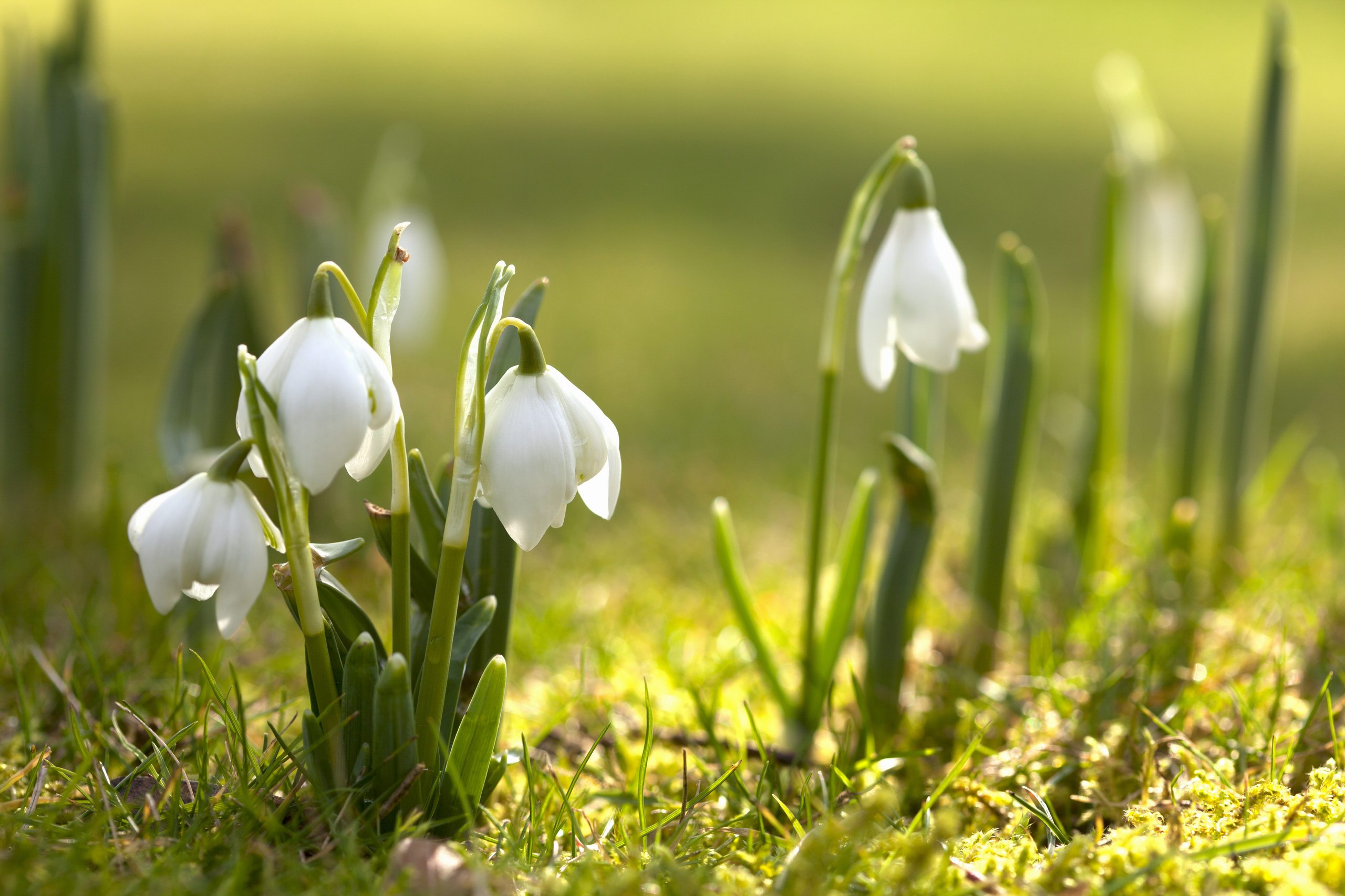Music of Romantic Obsession
From Vincent Van Gogh to Charlotte Brontë, artists, writers, and composers have occasionally entered the strange, darkly irrational world of romantic obsession. With Halloween approaching, let’s take a walk on the creepy side and explore three pieces which grew out of (what some would call) unhealthy romantic obsessions: Berlioz’ Symphonie fantastique Written partially under the influence of opium, Hector Berlioz’ Symphonie fantastique takes us into strange, hallucinogenic territory. It summons new sounds from the orchestra, which must …




